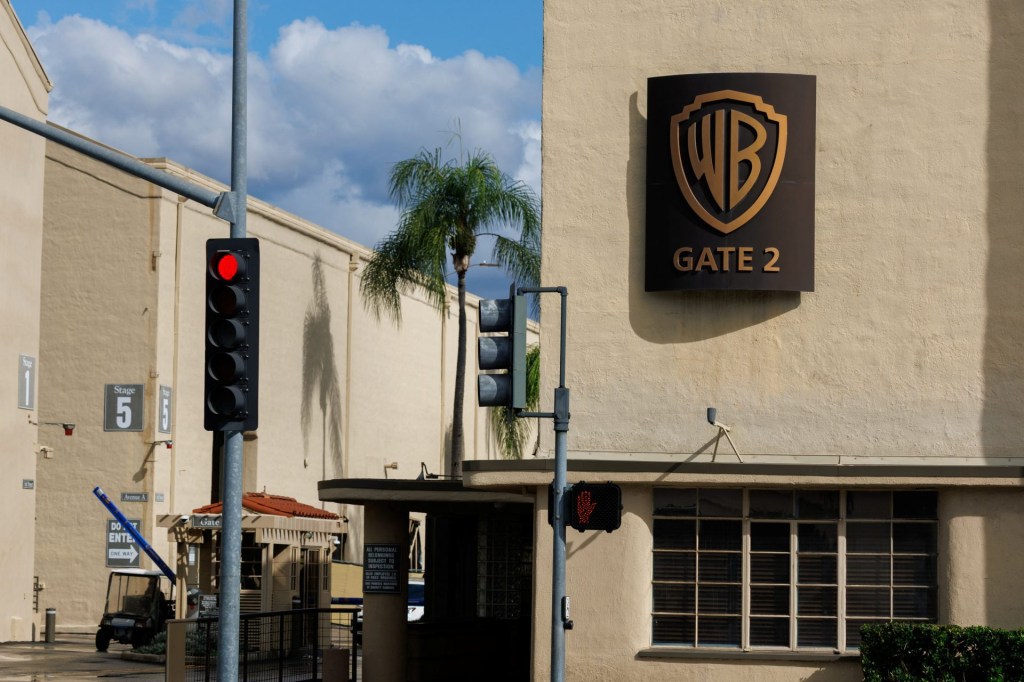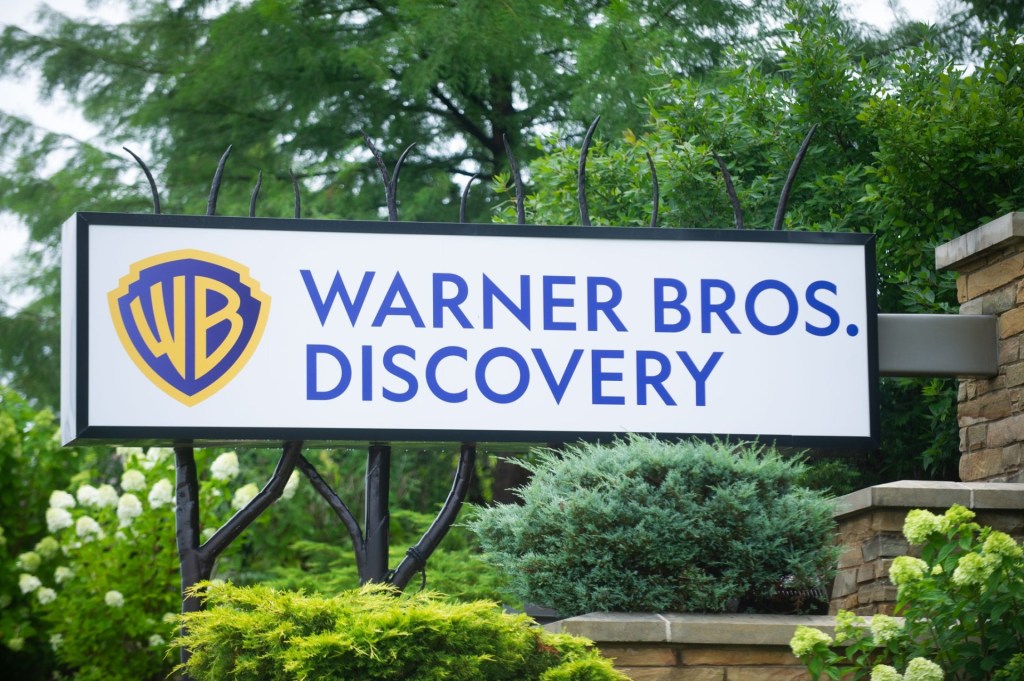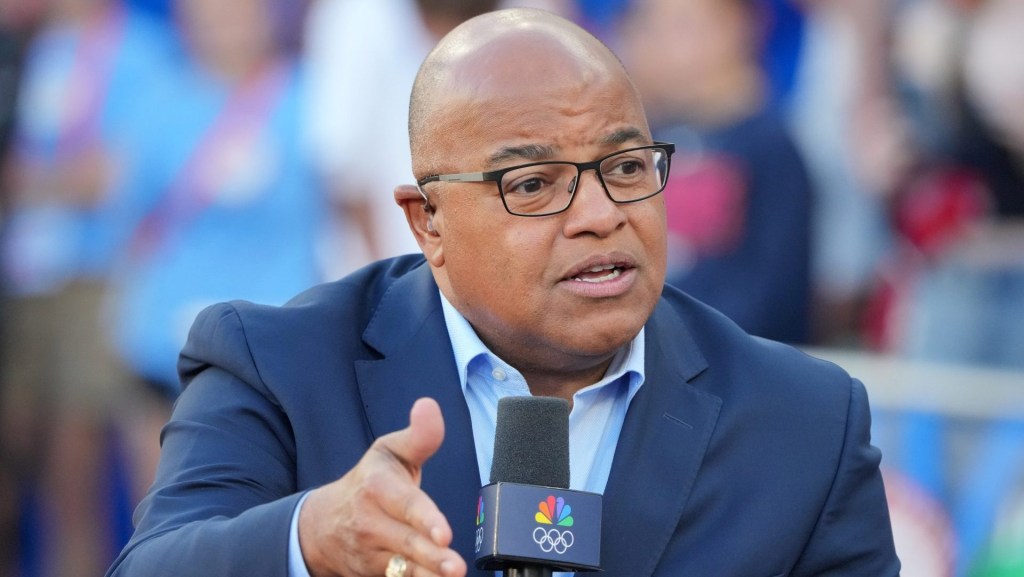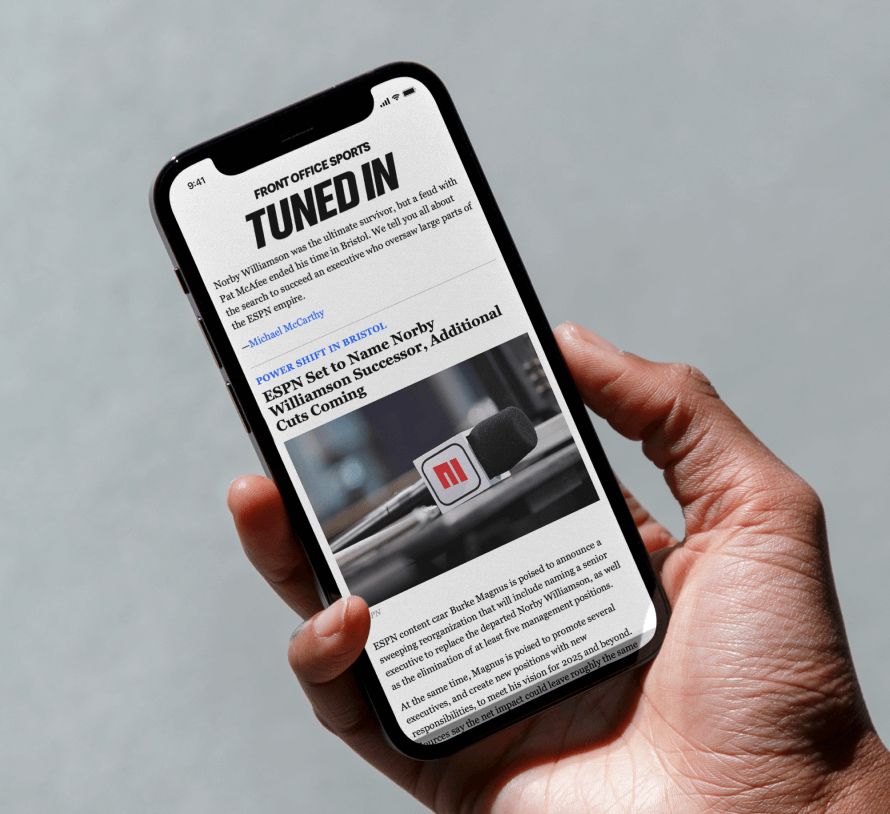On the eve of the NFL season, authorities emphatically declared victory over Streameast, a pirated streaming site that has long been a thorn in the side of professional sports leagues and their multibillion-dollar rights holders.
“ACE scored a resounding victory in its fight to detect, deter, and dismantle criminal perpetrators of digital piracy: by taking down the largest illegal live sports platform anywhere,” Charles Rivkin, a former U.S. diplomat who now leads the Alliance for Creativity and Entertainment (ACE) and the Motion Picture Association (MPA), said in a statement to The Athletic. “With this landmark action, we have put more points on the board for sports leagues, entertainment companies, and fans worldwide — and our global alliance will stay on the field as long as it takes to identify and target the biggest piracy rings across the globe.”
However, in the words of recently retired ESPN legend Lee Corso:
Not so fast.
The anti-piracy fight effectively amounts to a global game of whack-a-mole. Front Office Sports has identified a “mirror” site for Streameast that remains in active operation as of Thursday. There are also numerous other similar platforms that either already exist or will inevitably pop up to fill the void.
In the Streameast sting, two men were arrested in Egypt, and authorities reportedly uncovered a shell company in the United Arab Emirates that allegedly laundered more than $6 million in advertising proceeds since 2010.
Last year, the pirate sites MethStreams and CrackStreams went dark in a regulatory crackdown.
As media has grown more fragmented, requiring an increasing number of paid streaming services to watch games, a large cohort of sports fans has grown to rely on piracy sites to either supplement their subscriptions or bypass them entirely. The Streameast network had more than 1.6 billion visits in the past year, according to The Athletic.
The illegal sites can be annoying to navigate, with endless pop-up ads and streams that cut out at important times. But they can save fans thousands of dollars.
Leagues, networks, and streaming services want fans to be spending that money on their services, obviously, and they are paying to support the anti-piracy efforts. But there is clear fan demand for the free sites, and as the Streameast case shows, financial incentive to operate them. The Athletic reported that, in addition to the UAE shell company, authorities uncovered $200,000 in cryptocurrency and “multiple real estate properties in Egypt” were tied to the illegal sites.

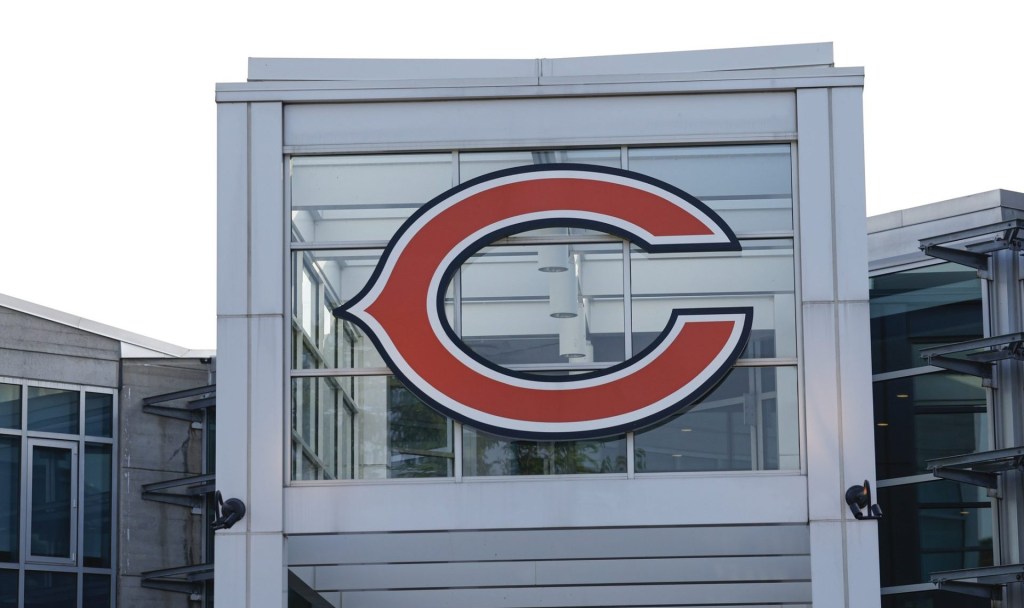
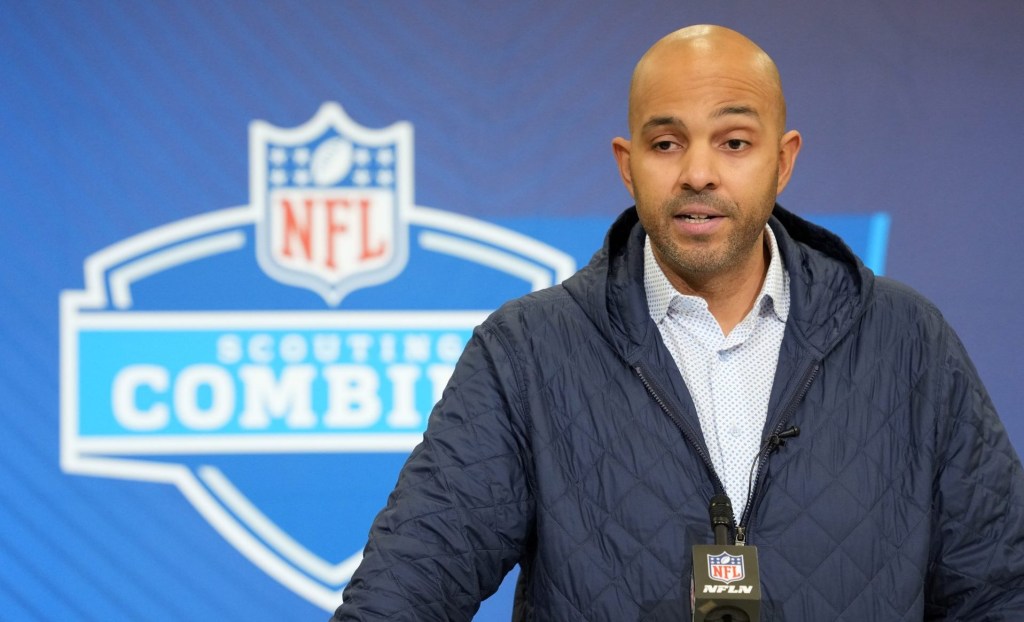


![[Subscription Customers Only] Jul 13, 2025; East Rutherford, New Jersey, USA; Chelsea FC midfielder Cole Palmer (10) celebrates winning the final of the 2025 FIFA Club World Cup at MetLife Stadium](https://frontofficesports.com/wp-content/uploads/2026/02/USATSI_26636703-scaled-e1770932227605.jpg?quality=100&w=1024)




